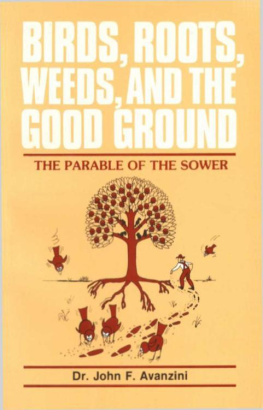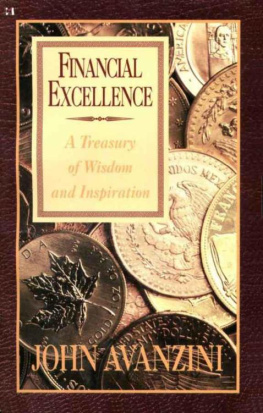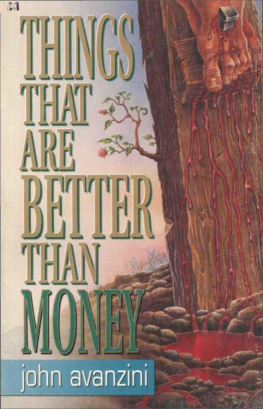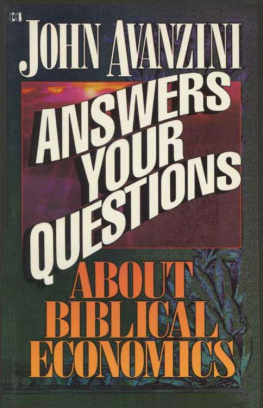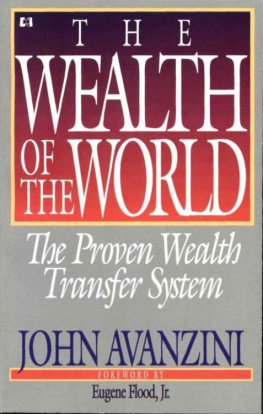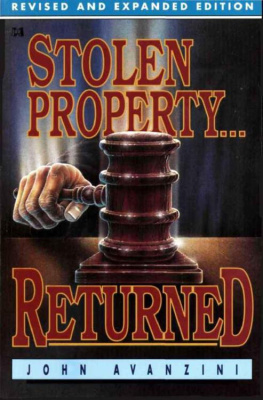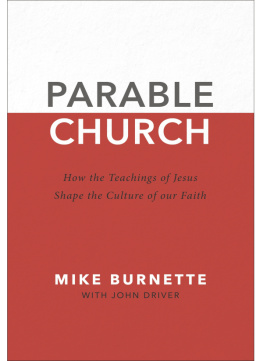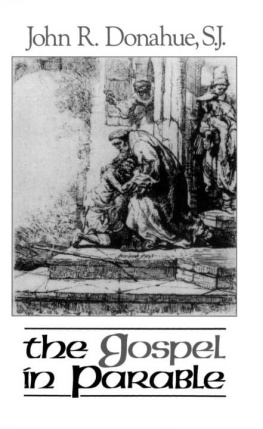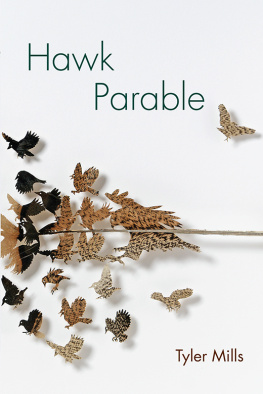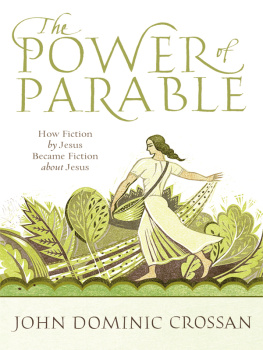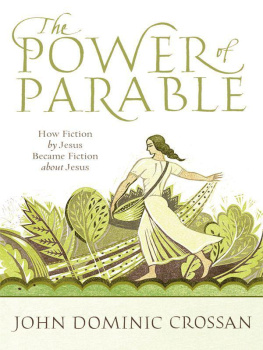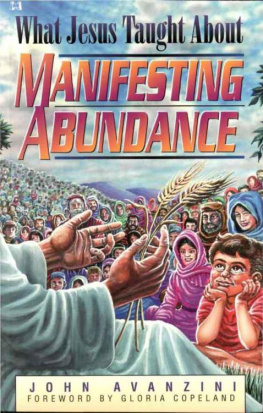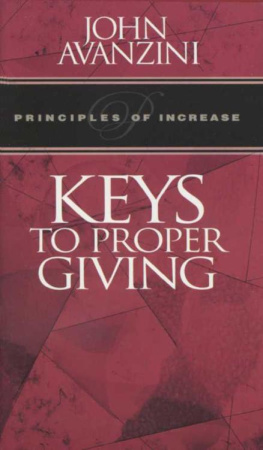Contents
Chapter 1
Chapter 2
Chapter 3
Chapter 4
Chapter 5
Chapter 6
Chapter 7
The Parable of the Sower
The Parable of the Sower is a very familiar one which anyone who has studied the Word of God will quickly recognize. It is a rather simple illustration of a very complex spiritual truth.
The importance of this subject becomes evident when we realize just how complex the environment of any living thing is.
My dictionary defines environment as "all of the surrounding conditions and influences that affect the development of a living thing". It is obvious that a person's character is influenced by his environment. Differences in environment often account for irregularities in plants of the same species. Given the proper environment, as opposed to a hostile environment, one plant will thrive while another will wither. The Parable of the Sowerthe story that Jesus told in the fourth chapter of the Gospel of Mark, is an illustration of the effect spiritual environment has on a "good seed's" growth and fruitfulness.

Chapter 1
Environment Is the Key to Growth
When we look around us today, we can see that there is a great deal of concern about our environment. Those in the construction industry, as well as those seeking to buy new homes, are keenly aware of environmental problems. Probably a third of the cost of a new home is related to environmental protection. Environmental conditions have become a very important consideration in selecting a home.
In the Parable of the Sower, we read about the seed and are told that the seed is the Word of God. Normally, seeds are planted in dirt. The Bible tells us that Adam was "The Dirt Man" and that he was formed from the dust of the earth. Here God brings the gospel to Adam in the form of seed. The very word "seed" is a translation of the Greek word " spora ", which means "sperm". So we see that the "sperm" of God is spread about the human race. When it falls on the ground of our heart, if the environment is good, the seed will grow.
When we begin to closely examine what we read in the Parable of the Sower, we become aware that the parable is simply telling us about different environmental problems and how each affects the fruitfulness of plants. We now realize just how much environment has to do with the growth of seed.
The parable tells us about one environmental problem known as birds. Farmers are often troubled with birds. The use of scarecrows and different types of noise-making devices in their fields help to prevent birds from eating the seed. Birds are often considered devastating to the farmer!

THE HOSTILE ENVIRONMENT
A healthy environment is the controlling factor in the kind of growth a plant will have and in the production and quality of its fruit.
There are various environmental factors that influence a plant's growth and production of fruit. If you plant a tree in a hostile environment, it will quickly wither and die. The cause could be too much or too little sunlight, food or water. In the bathroom at home, I have a fern hanging over the bathtub. It looks very attractive there, but it exists in a hostile environment. Because it lacks something vital to growth, it is not doing well there.
ROOTS ARE ALSO SUBJECT TO ENVIRONMENT


underground . It is a part of the environment. When it gets into your fields it goes almost unnoticed, but suddenly the plants just fall over. Actually, cutworms move around underneath the ground, and when they reach a root, they cut it. They don't seem to eat it alljust a section of it, but they thoroughly destroy the crops. The cutworm adversely affects the ability of the roots to supply the plant with the nourishment it needs to survive.
WEEDS ARE PART OF THE HOSTILE ENVIRONMENT

There are many destructive weeds. When you have weeds in your garden you have a very poor garden. When my family lived in St. Petersburg, Florida, we, as real estate developers, would buy grapefruit and orange orchards and turn them into subdivisions for housing. The fruit trees were weed infested and would yield small, skimpy, sour, fruit. Waist high weeds and vines grew all over those trees and they looked terrible! There is nothing more disorderly than an orchard that has been taken over by weeds.
The people who moved into the newly built homes cut down the weeds and the vines. The remaining fruit grew strong again. My wife and I often ate the fruit from those trees for our breakfast. Those same orchards that had been so run down and weed inundated now produced beautiful fruit. With the hostile environment of weeds gone, the trees again became fruitful.

Chapter 2
Birds, Roots, Weeds and the Good Ground
The parable of the sower tells us about good seed that fell on good ground, and began to bring forth some thirty, some sixty, and some a hundred fold.
Turning to Mark 4:3, we read: "Behold, there went out a sower to sow: And it came to pass, as he sowed, some fell by the way side, and the fowls of the air came and devoured it up. And some fell on stony ground, where it had not much earth; and immediately it sprang up, because it had no depth of earth:
But when the sun was up, it was scorched; and because it had no root, it withered away. And some fell among thorns, and the thorns grew up and choked it, and it yielded no fruit. And other fell on good ground, and did yield fruit that sprang up and increased; and brought forth, some thirty, and some sixty, and some a hundred
fold ."


If you look further to the 14th verse, Jesus explains what the seed in the parable meant. He said, The sower soweth the word. We find that the seed of this parable is the Word of God.
And these are they by the way side, where the word is sown; but when they have heard, Satan cometh immediately, and taketh away the word that is sown in their hearts. This part of the parable I refer to as the action of "birds" on the good seed that is sown.
And these are they likewise which are sown on stony ground; who, when they have heard the word, immediately receive it with gladness; And have no root in themselves, and so endure but for a time afterward, when affliction or persecution ariseth for the word's sake, immediately they are offended. This part of the parable I refer to as the weakness of a poor root system.
And these are they which are sown among thorns; such as hear the word, And the care of this world, and the deceitfulness of riches, and the lusts of other things entering in, choke the word, and it becometh unfruitful. These are the unproductive seeds which I refer to as being destroyed by "weeds".

